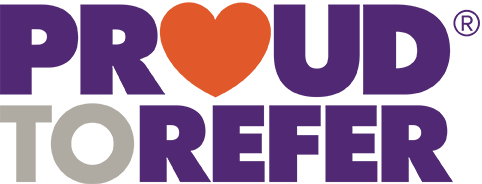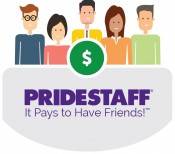Of course part of having a job includes the desire for a steady paycheck, but it’s perfectly acceptable (and right) to look for more than just money in your employment search. In fact, according to a survey from AfterCollege, a website designed to help businesses recruit recent college grads, the top three considerations during a job search (salary being number-one at 68 percent) were advancement opportunities (58 percent), office location (53 percent), and work-life balance (51 percent). You may also consider what benefits are offered, and what sort of corporate culture they have.
So in your interview, consider (carefully) asking questions designed to learn more about what the job offers. As a side note, never ask about salary in the first interview – even though it’s a legitimate concern for you, it gives a poor impression if you focus on it right away. Here are several other questions to focus on:
- Corporate culture. Considering a full-time position means you’ll likely work some sort of nine-to-five shift five days a week, it makes sense to know about office atmosphere. Do some digging yourself before the interview: Look at the company website and see what sort of language they use – is it strictly corporate or more conversational? Do they have pictures or links to anything they do outside of the workday? During the actual interview, ask questions such as:
- Can you tell me more about what the company focuses on outside of the office?
- What’s a typical workday like here? What’s the main form of communication among the staff? Is it more collaborative or independent?
- Benefits. As with salary, tread carefully here. You don’t want to discuss benefits until they’ve made an offer, or if the topic is brought up in the second interview.
- As you discuss compensation, ask about something like health insurance. This will tend to open the door to discussing the general benefits package.
- Once the discussion is on the table, you can be fairly straightforward: What sort of health insurance coverage do you offer? What is the policy for sick days and time off?
- Flexible Scheduling. While a number of employers have finally begun to see the benefits of allowing for flexible scheduling, most places still don’t offer it very much. Again, wait until at least your second interview, if not the job offer, to discuss it. Do a little sleuthing: Look at positions listed and see if flexible scheduling is offered. As you arrive for the interview, see if people have pictures of family, etc. up: Is life outside the workplace recognized?
- In the interview, as you ask about a typical day, inquire about hours and connectivity during “off” hours.
- After you’ve negotiated salary, bring up the possibility, offering something in return (coming in later but working longer; leaving early but being available after-hours, etc.)
- Know that it may be a deal breaker, so gauge how important it is to you.
A job isn’t just an eight-hour grind for a weekly paycheck; it’s legitimate to ask about all facets of it. For help framing your questions, reach out to the experienced recruiters at PrideStaff Thousand Oaks.



